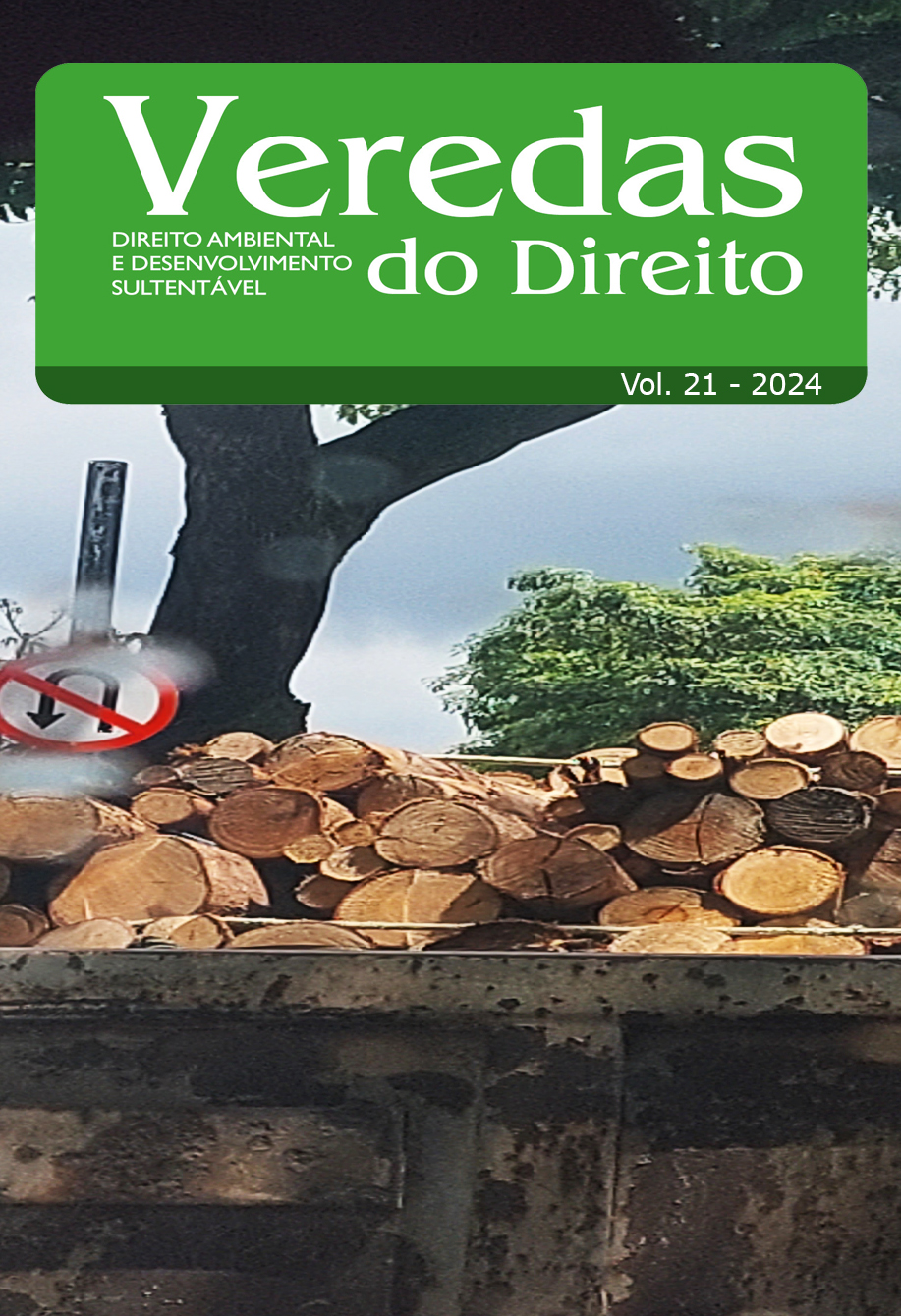WORK RELATIONSHIP AND VIABILITY OF THE RECYCLER’S COOPERATIVE: CASE STUDY OF THE COOPERAGIR OF MARECHAL CNDIDO RONDON, IN THE STATE OF PARANÁ
DOI:
https://doi.org/10.18623/rvd.v20.2611Abstract
By law, partnerships can be a corporate or non-corporate enterprises; cooperatives are non-corporate partnerships. Searching for better results in production, producers unite via cooperatives. Recyclable collectors are producers because they provide reusable raw materials. This activity is typically precarious, although environmentally relevant. Governed by a special law, the production and service cooperatives, within in the context of public policies and partnerships, are constituted for the purposes of formalization and income, removing waste collectors from the precarious work conditions. To verify the viability of this type of cooperative and the working relationship involved, Cooperagir was researched. From the data collected and using the SWOT matrix as an analysis tool, the positive and negative aspects of it were detected, including the work relationship. The strengths, opportunities, weaknesses, and threats were analyzed. It is concluded that the cooperative has the potential to evolve, however, there are threats that may make it infeasible.
Published
How to Cite
Issue
Section
License
I (we) submit this article which is original and unpublished, of my (our) own authorship, to the evaluation of the Veredas do Direito Journal, and agree that the related copyrights will become exclusive property of the Journal, being prohibited any partial or total copy in any other part or other printed or online communication vehicle dissociated from the Veredas do Direito Journal, without the necessary and prior authorization that should be requested in writing to Editor in Chief. I (we) also declare that there is no conflict of interest between the articles theme, the author (s) and enterprises, institutions or individuals.
I (we) recognize that the Veredas do Direito Journal is licensed under a CREATIVE COMMONS LICENSE.
Licença Creative Commons Attribution 3.0







